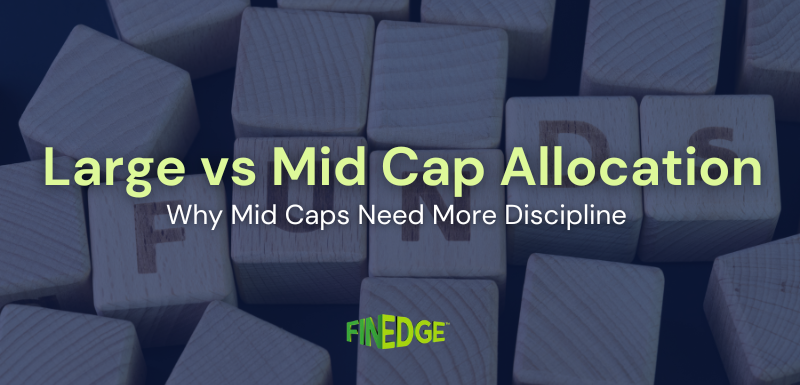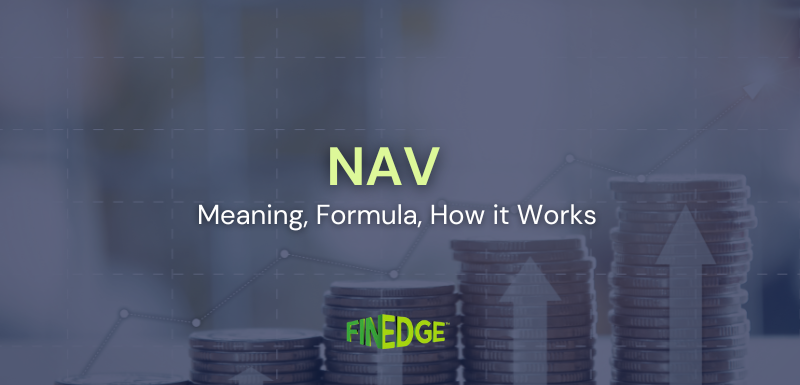Three Things That Could Surprisingly Affect Your Debt Mutual Fund Returns

The 95 Lakh Crore Fixed-Deposit base in India is witnessing an exodus these days. With key FD rates falling to near 6 per cent levels, more investors are turning to debt mutual fund investments to park their low risk funds.
The 95 Lakh Crore Fixed-Deposit base in India is witnessing an exodus these days. With key FD rates falling to near 6 per cent levels, more investors are turning to debt mutual fund investments to park their low risk funds.
Anecdotal evidence points to the fact that many these first-time debt mutual fund investors are investing their money with the expectation that these mutual fund investments are risk-free in nature, and will provide them with a guaranteed rate of return. However, this is not the case. In fact, a multitude of global and local factors may influence your debt mutual fund investment returns in 2018. Here, we try to simplify three of them for your benefit.
Oil Prices
Global crude prices have been rising since July, from $43 per barrel to nearly $60 per barrel as it stands these days. If crude prices continue to rise, they could bring down returns from your debt funds, particularly the ones that invest into long term bonds. How and why does this happen? India imports a large portion of its crude oil requirements, and a rise in crude could result in an increase in a higher fiscal deficit, as well as higher inflation – since crude oil is a major input cost for many industries (think of how diesel prices will impact logistics costs). Both these scenarios could impact bond yields and bring down bond prices. Conversely, if oil prices start falling in 2018, bond prices would be positively impacted.
US Fed Rates
The US recently decided it was time to start increasing its interest rates, keeping the delicate balance between their corporate growth and their inflation numbers in mind. Earlier, the US had followed an unconventional policy of ‘quantitative easing’, under which they essentially printed money to buy bonds, and infuse liquidity into the market – to fuel private spending. If the Fed continues to reverse this trend and increase their key interest rates in 2018, we may see a flight of capital from the Indian bond markets as US bonds will become attractive. This could bring down bond prices.
Corporate Earnings
There are some debt mutual funds that specifically invest into corporate bonds, or bonds issued by private and PSU companies (not the government). These funds usually go by the name ‘corporate bond fund’ or ‘credit opportunities fund’. They benefit when the bonds held in their portfolios undergo upgrades by rating agencies – for instance, if a bond that was rated AA at the time of buying it gets re-rated to AAA, its price will rise, and vice versa. If corporate earnings are to go up in 2018 after three consecutive years of muted growth (as many analysts are currently predicting), the NAV’s of corporate bond funds may go up. Conversely, if corporate earnings fall and rating downgrades begin to take place, we may see yields from corporate bonds going up – bringing down bond prices and the NAV’s of corporate bond-oriented mutual funds as a result.
Your Investing Experts
Relevant Articles
Why Mid-Cap Allocation Needs More Discipline Than Large Cap
Mid-cap allocation demands more discipline than large cap because it comes with sharper market swings. While mid caps offer higher long-term growth potential, they also test investor patience during downturns. The key is not choosing one over the other, but understanding how each behaves across market cycles.
Why Return-Focused Investing Fails in Volatile Markets
Return-focused investing fails in volatile markets because it relies on recent performance as the primary decision-making anchor. When markets fluctuate sharply, investors who chase returns tend to react emotionally switching funds, exiting prematurely, or increasing risk at the wrong time. Over time, these reactions interrupt compounding and damage long-term wealth creation.
What Is NAV in Mutual Fund? A Simple Guide to Understanding Net Asset Value
If you are trying to understand what NAV in mutual fund investing means, the answer is simple: NAV, or net asset value, represents the per-unit value of a mutual fund’s portfolio after deducting its liabilities. It tells you how much each unit you hold is worth at the end of a trading day. It does not indicate whether a fund is cheap, expensive, or better than another, it is simply a daily valuation measure.
.png)

.png)
